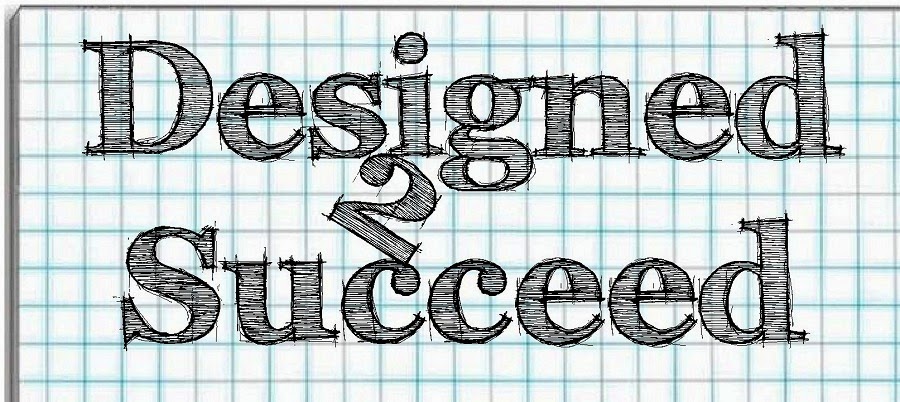Embracing Our Darkness
©Scott D. Wilson 2014
This article does not directly address the topic of success. It is worthwhile nonetheless, especially to those who struggle with dark feelings on their quest to overcome and persevere.
I am just mellowing on a cool autumn afternoon on my personal day of rest as it draws to a close. By my spiritual calendar this time of the year is somber time, a time of reflection and introspection. It is a time when the natural world slows down. It is a time to consider both life and our eventual death, not morbidly but as a sober acknowledgment of reality. Fall is about harvest and death.
For me, two important days loom near and they paradoxically portend of both of tribulation and celebration. It is the paradox of joy and sorrow that dominates my mind presently. My thoughts are drawn to Robin Williams and those like him. Their actions strike us hard because we look up to them and admire their abilities and talents. We wonder how such joy and laughter could be mixed with such tremendous sorrow. We imagine what we would do in their shoes. Many consider their final acts to be a result of weakness.
I can attest that depression is not something borne of a weakness of character or mind. Success and intelligence are not barriers against the darkness. If anything, they can often come at a price of one's sanity and well-being. It is lonely at the top of any field. It is ultimately loneliness and disconnection from our fellow creatures that lead to acts of despair.
I understand that path and I offer some advice, for what it is worth. It is alright to be sad or melancholy. It is fine to experience the darkness and dreariness of fall and winter. Do not compare your somber mood with those around you. They have their journey and you have yours. What you feel can be natural. It is okay to be alone for a while. I challenge you to sit quietly with your ‘demon’. Do not judge yourself or your feelings; sadness is not negative and joy is not positive. They simply just are.
Here is my advice: Sit down with your inner darkness and ask it “What are you teaching me?” It may merely want to be heard. Evolutionists and spiritual wisdom agree that pain is exists to help us learn and avoid harm. Depression does not have to be destructive. We do not need to fear it. Be still – listen with all your senses. The message may come in images, smells, tastes or sounds. Don’t necessarily expect words or a voice.
Sometimes our unhappiness is merely there to drive us towards a dream or passion that we left behind or forgot. Let your melancholy awaken your creativity. Perhaps you need to draw it or write about it. Your blues may be leading you to face a some fear in your life. Whatever the answer, be patient and let it come.
Now here is the second and sometimes most challenging part: Share what you have learned. Find someone that you can trust and share what your shadows have revealed to you. Display your drawing, post your writing, explain your idea, or communicate your vision. You may inspire others or you might simply make a connection to someone. Your lesson may serve only you but you will be surprised how often it reaches and helps others. We may all come to experience pain as a patient teacher rather than a cruel tormentor.
Well that is all, my friends. I hope it helps a little in lessening the struggle of life that sometimes comes to each of us. I will leave you with the insightful perspective of Charlie Chaplin and two songs that have inspired me in my days of darkness:
“Life is a tragedy when seen in close-up, but a comedy in long-shot.” – Charlie Chaplin



